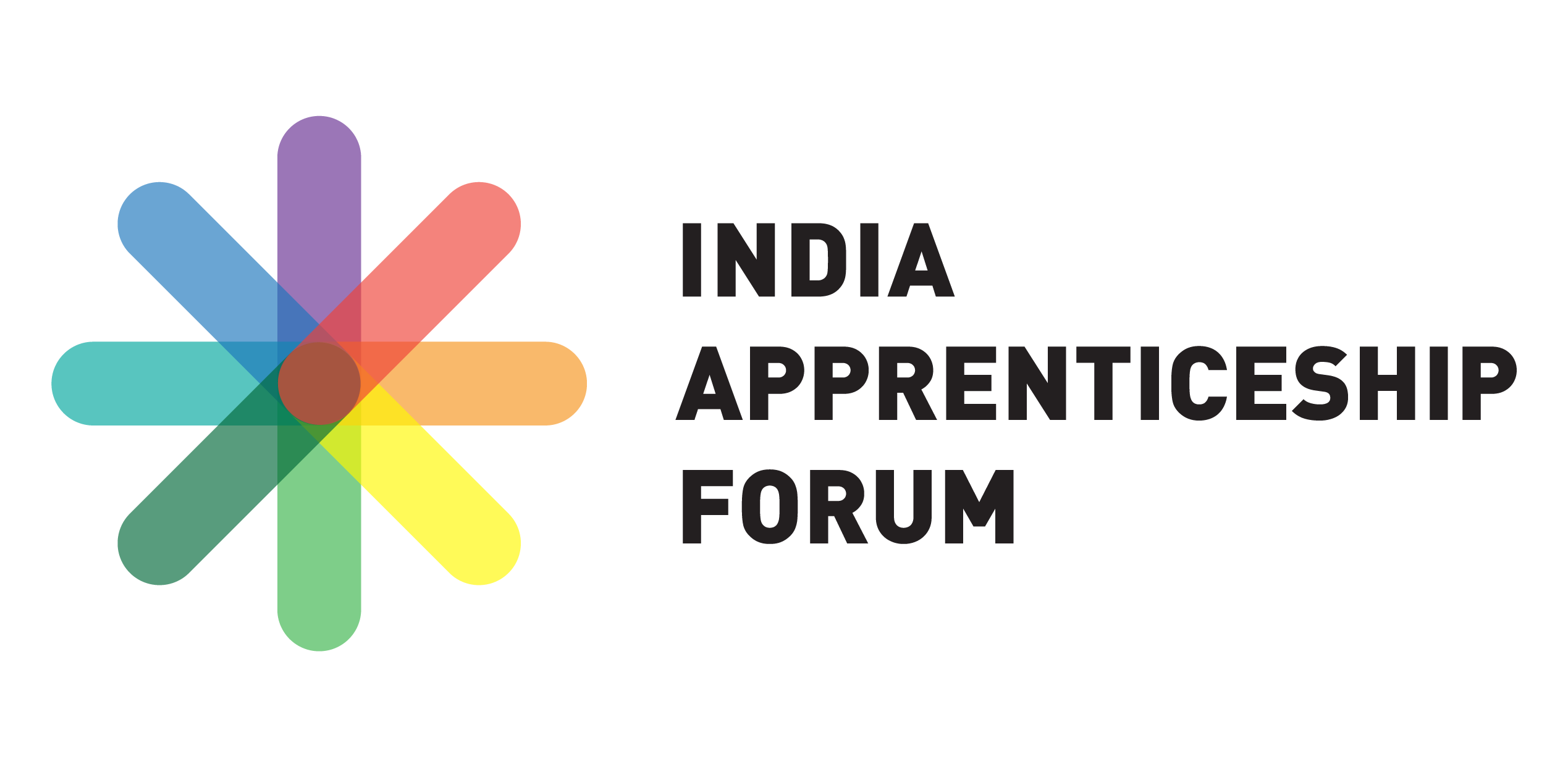Students undergoing training at Bosch Vocational Centre, Bangalore. Picture courtesy: The Hindu
Better skills and qualifications leading to higher employability are the shoulders upon which India’s demographic dividend of a median age of just 28 hope to rise.
In a country where fewer than 4% of the population is vocationally trained, the problem is neatly summed up in the 2015 Policy of the Ministry of Skill Development and Entrepreneurship. “Our country presently faces a dual challenge of paucity of highly trained workforce, as well as non-employability of large sections of the conventionally educated youth, who possess little or no job skills.”
In this concluding section of our two-part look at the draft National Education Policy (NEP), let’s find out if vocational education has finally found its rightful place. Read Part I here.
A Fresh Approach to Vocational Education
It is heartening to note the prominence given to vocational education in the Additional Key Focus Areas section of the report. The report gives a clarion call, which we welcome wholeheartedly, in integrating vocational and mainstream education across all schools, colleges and universities (revised from the 25% target in 2015) and to provide technical and vocational skills training to at least 50% of students by 2025. The NEP categorically states that all students in Grades 9-12 must be exposed to vocational education in at least one vocation or trade.
The overarching theme is the removal of hard boundaries between ‘vocational’ and ‘academic’ streams- a game changer for skills-based development in India if implemented properly. The report states in no uncertain terms- ‘fundamental capacities have become even more important than specific skills.’ We are especially enthused that vocational courses will be integrated with formal curricula, and every child from the elementary school stage will be exposed to experiential learning in diverse crafts, trades and professions.
A New Committee
A separate comprehensive study and a gargantuan concerted effort involving multiple stakeholders are needed for vocational education to firmly take root. Hence, the NEP recommends a National Committee for the Integration of Vocational Education (NCIVE) to execute the overall vision. The NEP specifically calls for a separate policy by the NCIVE for creating more apprenticeships and work-based experiences for students.
Skill Indicators
District authorities will set the focus areas for vocational education to match future employment needs in specific sectors, job roles and occupations. This again is an extremely welcome step as we have stressed on the need for skill indicators tied in with a national master database for demand-based skills training. For instance, the NEP points to an acute shortage of healthcare professionals. Robust data-backed skills mapping will allow educational institutions to create the necessary capacity and partnerships with local industry for internships and apprenticeships. The entire talent pool supply chain takes shape from the education level resulting in true matching of education and jobs.
The NEP goes a step forward in recommending a separate committee to figure out the skilling needs for each area of professional and technical education so that the ‘very large targets for vocational education can be addressed in multiple ways.’
Prime Time for Integration
Vocational education at high/secondary school stages is a brand new policy vision of indisputable importance. Following pre-vocational exposure in Grades 6-8, the crucial years of Grades 9-12 have received special attention in preparing children for work. Vocational curricula at Levels 1-4 of the National Skills Qualification Framework (NSQF) will be created with funding from individual State governments. Practical training and part-time apprenticeships will be provided with external ‘Skills Knowledge Providers’ from the local area to ensure matching of skills with demand.
At the undergraduate level, all higher education institutes will offer vocational education through Diplomas, Advanced Diplomas and Bachelor of Vocation degrees aligned with Levels 5-7 of the NSQF and the National Occupational Standards-Qualification Packs (NOS-QPs). Adherence to NOS-QPs already exists on paper for vocational courses and schemes. However, it has been largely ineffective due to a lack of strong regulatory oversight. Extending the NOS-QPs to higher education should not suffer the same lackadaisical execution especially as universities and colleges will have full autonomy in developing the curriculum for vocational courses.
In a move towards a multidisciplinary agile education system, the NEP proposes multiple entry/exit points for increased mobility within both vocational and mainstream education. Students will pick up transferable credits helped by less rigid time and age limits for entering and completing study programmes.
Defining Vocational Education
The NEP states that vocational education steps in where apprenticeships alone are not adequate. However, it then immediately states that vocational education combines hands-on skilling, theoretical knowledge and development of cognitive soft skills needed for particular occupations. But that is exactly what apprenticeships are- an immersive all-round work based experience. So it should not be a case of one or the other but rather on a continuum; vocational education is more broad based, preparing the ground for students for specialised on-the-job experiences such as apprenticeships.
Also Read Time for Change in India’s Vocational Education
The Future Looks Good
Notwithstanding the various challenges in executing these radical changes, the NEP’s thrust towards vocational education is laudable. The new foresight we hope will anchor vocational education securely in our education system and arm our youth with the relevant practical competencies to take sure footed steps towards the world of work.













